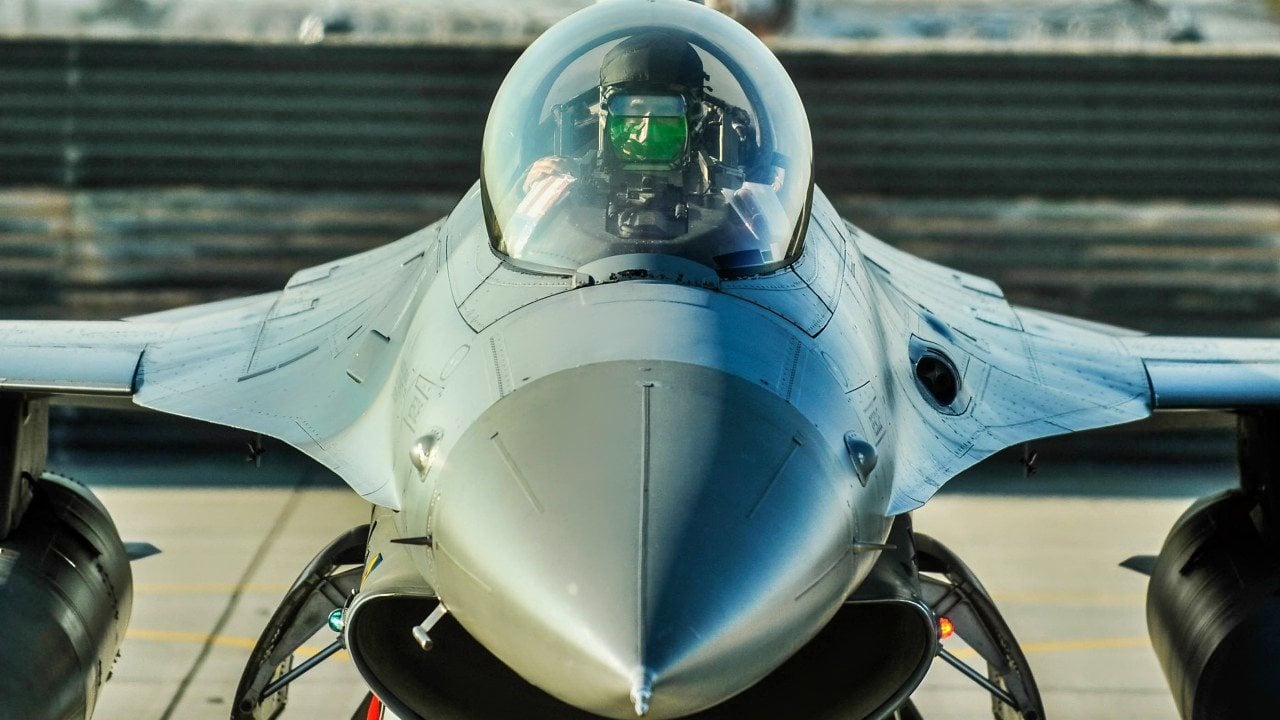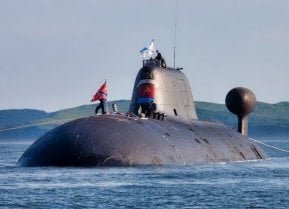Russia's Military Will Suffer Thanks to More Military Aid for Ukraine
The U.S. Congress has passed a significant bill, allocating $61 billion in military aid to Ukraine, along with substantial assistance to Israel and Taiwan.
Summary: The U.S. Congress has passed a significant bill, allocating $61 billion in military aid to Ukraine, along with substantial assistance to Israel and Taiwan.
-This move comes amid ongoing conflict in Ukraine, where support is crucial not just for moral reasons but also for geopolitical and economic benefits to the U.S. Strategically, this aid helps diminish the military capabilities of Russia, a major adversary, without direct American involvement in combat, thereby reducing potential U.S. casualties.
-Economically, the aid stimulates the U.S. economy since funds largely circulate back through the purchase of American-made defense equipment. This ensures that while supporting Ukraine, the U.S. also indirectly benefits its own defense industry and economic health.
U.S. Congress Approves $61 Billion Military Aid for Ukraine: A Strategic and Economic Move
After months of silly politics, the U.S. Congress finally passed a dearly important bill on military aid for Ukraine.
The bill also includes assistance for Israel ($26 billion) and Taiwan ($8 billion), and it passed the House with a grand majority.
Over the following months, Ukraine will get approximately $61 billion in aid. The Ukrainian military is on the defensive, and every dollar of weapons systems and munitions helps push back the Russians.
Much of the pushback against supporting Ukraine with military aid focuses on the tens of billions of dollars the U.S. is spending on a foreign country, as opposed to using it for its own needs. But that argument overlooks some important benefits the U.S. gains from supporting Ukraine.
The Benefits of Supporting Ukraine with Military Aid
The Ukrainian military desperately needs as much military aid as possible. Besides the moral imperative of supporting a smaller country against the aggression of a regional bully, there are geopolitical and economic benefits as well.
On the geopolitical – and cynical – end, Ukrainian forces are severely cutting the capabilities of the Russian military. In 25 months of war, Russia has lost between 300,000 and 400,000 men killed, wounded, and captured, as well as tens of thousands of heavy weapons systems, including main battle tanks, infantry fighting vehicles, artillery pieces, armored personnel carriers, and aircraft.
One of the two near-peer adversaries of the United States is getting hammered by a third party without any Americans getting killed. Although it might sound cynical and brutal, that is an important benefit of the war in Ukraine. Russia started it, but the U.S. can ensure, through Ukraine, that Moscow won’t be able to replicate the act anytime soon.
Then there is the economic benefit. Ukraine might be getting tens of billions of dollars in security aid from the U.S., but most of this money ends up back in the U.S. economy.
This is how it works: The White House approves a security aid package to Ukraine either under the Presidential Drawdown Authority (PDA) or the Ukraine Security Assistance Initiative (USAI). PDA draws weapons systems from the U.S. military’s arsenal and gives them to Ukraine. It is ideal for urgent shipments of security aid. The USAI buys new weapons for Ukraine and is more geared toward developing long-term capabilities.

The White House has been using a combination of PDA and USAI to support the Ukrainian military. But under both programs, the money trail leads back to the American defense and aerospace industry. If Ukraine gets older weapons systems from U.S. military stocks, then the Pentagon will buy new ones from its staple defense companies. Similarly, if Ukraine gets money to buy new weapons systems, that money almost always goes to American companies. Both approaches stimulate the U.S. economy.
In sum, there is a combination of reasons why supporting Ukraine with security aid is critical, including moral, geopolitical, and economic considerations.
About the Author
Stavros Atlamazoglou is a seasoned defense journalist specializing in special operations and a Hellenic Army veteran (national service with the 575th Marine Battalion and Army HQ). He holds a BA from the Johns Hopkins University and an MA from the Johns Hopkins’ School of Advanced International Studies (SAIS). His work has been featured in Business Insider, Sandboxx, and SOFREP.


